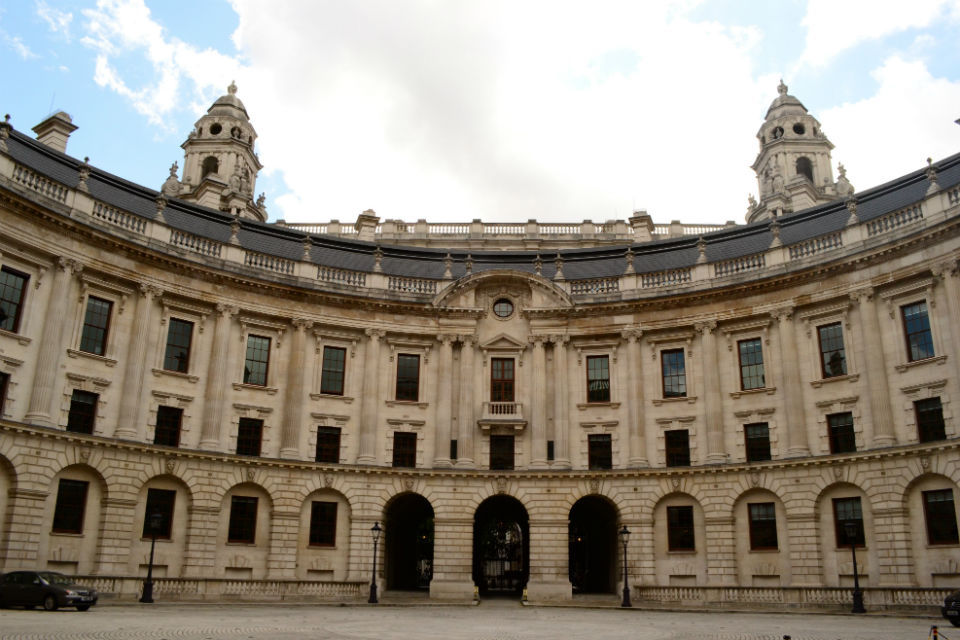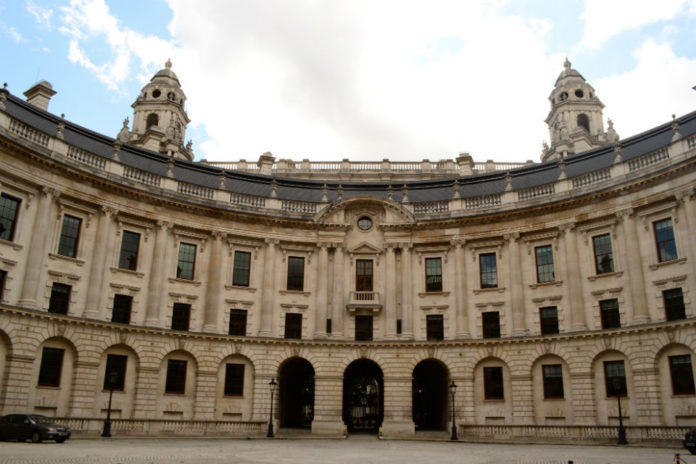
- Research also finds that young people, disabled people and the LGBTQ community at higher risk of chronic loneliness
- Ministers across a range of Government departments to launch a renewed effort to tackle loneliness as part of national recovery from the COVID-19 pandemic
New research published today by the Government has identified direct links between chronic loneliness and mental health distress.
The findings, which coincide with the start of Loneliness Awareness Week, analysed mental health wellbeing and the impacts of loneliness over a sustained period, with results showing that chronic loneliness played a significant role in the onset and continuation of mental health distress.
The analysis also shows that mental health distress can play a significant role in the onset and continuation of chronic loneliness. Chronic loneliness is defined as people reporting they ‘often’ or ‘always’ feel lonely.
It suggests that targeted early intervention may play a more significant role in combating the effects of loneliness on mental health in the short term.
The Minister for Civil Society and Youth will now bring together ministers from a range of government departments to drive forward a renewed effort to tackle loneliness. The group will develop a delivery plan which will draw on this new evidence and set out new government action on loneliness early next year.
It will build on the 2018 Tackling Loneliness Strategy and the Government’s work to tackle loneliness during the pandemic through its £750 million charity funding package.
Minister for Civil Society and Youth Nigel Huddleston said:
Loneliness can affect all of us and the research published today highlights that young and disabled people, alongside those with long-term health conditions, are disproportionately affected by loneliness.
As we start Loneliness Awareness Week I encourage everyone to reach out to someone they think may be feeling alone or isolated.
The Government prioritised tackling loneliness through the pandemic and we will now redouble our efforts to protect those most at risk.
Since the strategy for tackling loneliness was launched in 2018, the Government has continued to play a world-leading role, including appointing the first ever Minister for Loneliness. It has joined forces with a range of charitable partners to invest over £50 million pounds to help tackle the issue, with funding helping thousands of people to connect through the things that matter to them.
The independent research from the National Centre for Social Research was compiled from data encompassing over 35,000 people aged 16 and over from 2013/14 to 2019/20. As part of the study, researchers looked at what types of people were vulnerable to loneliness, whether risk factors for loneliness had changed, the relationship between mental wellbeing and loneliness, and what factors alleviated loneliness in the short term.
The new findings show that, in addition to the link between loneliness and mental health distress, specific groups of people are more vulnerable to the effects of loneliness:
- Young people between 16-34 were found to be particularly at risk, with research showing they were at five times greater risk of chronic loneliness than those aged 65 or older. Drivers of loneliness in young people were identified as negative social experiences, such as bullying from peers and siblings and arguments with parents.
- People with a disability or long standing health condition were 2.9 times more likely to experience chronic loneliness, and were less likely to move out of loneliness than those without a disability.
- Those in the LGBTQ community were also disproportionately affected, with people who identified as gay or lesbian 1.4 times more likely to be lonely, and people who identified as bisexual 2.5 times more likely to be lonely.
- Those in the lowest income quintile were 50 per cent more likely to experience chronic loneliness when compared with the wealthiest quintile.
Minister for Mental Health Gillian Keegan said:
Loneliness is a growing issue – and this research emphasises the continued need to ensure those feeling lonely can access the resources they need.
We’re accelerating the rollout of mental health support teams in schools and expanding community services for adults and young people to make sure everyone can access support, as well as providing helpful advice and resources on the Every Mind Matters website.
We’ve also recently opened a call for evidence to gather views from the public to inform a new 10-year mental health plan which will focus on ensuring the nation is in positive mental wellbeing.
Dr Sokratis Dinos, Director of Health at the National Centre for Social Research (NatCen), said:
This research highlights the significant relationship between loneliness and mental health. People experiencing chronic loneliness were shown in our study to be nearly four times more likely than people without chronic loneliness to be in mental distress.
Poor mental health can lead to difficulties connecting with others, social withdrawal and loneliness, while loneliness can equally contribute to poor mental health. Our research highlights the benefit of targeted support for people at different life stages, and community based activities for people with shared interests to improve outcomes.
During the pandemic, the Government made tackling loneliness a priority by allocating loneliness as a specific target category in the Government’s £750 million charity funding package. The Government continues to encourage people to ‘lift someone out of loneliness’ as part of the Better Health: Every Mind Matters campaign, emphasising the benefits of social connection this Loneliness Awareness Week.
ENDS
Notes for editors
- The research findings can be found here and here.
- The research commissioned by DCMS and produced by National Centre for Social Research (NatCen) is based on the Community Life Survey data from 2013/14 – 2019/20 and the UK Household Longitudinal Study (Understanding Society)
- The cross-Whitehall Ministerial group will include Ministers from the Department for Digital, Culture, Media and Sport, Department for Transport, Department for Environment, Food and Rural Affairs, Department of Health and Social Care, Home Office, Department for Business, Energy and Industrial Strategy, Cabinet Office, Department for Levelling Up, Housing and Communities and Department for Education.
- The Ministerial working group will also include the co-Chair of the All Party Parliamentary Group on Tackling Loneliness and Connected Communities to draw on additional expertise in this area.
- Government funding to tackle loneliness includes the £4 million Local Connections Fund which, in partnership with the National Lottery Community Fund, awarded almost 1,700 microgrants to charities and community groups throughout England.
- Three tangible actions for anyone feeling lonely and three actions for people wanting to help. If you are lonely you can:
- Keep in touch with friends, family and neighbours
- Ask for help if you need shopping, medicine or are feeling lonely
- Set a routine with online activities, regular tasks or by volunteering
- If you are worried about someone who is lonely:
- Phone a friend or family member you think may be lonely
- Smile, wave or chat from a safe distance with a neighbour
- Help out through volunteering by picking up food, medicine or by offering regular conversation to someone living alone








